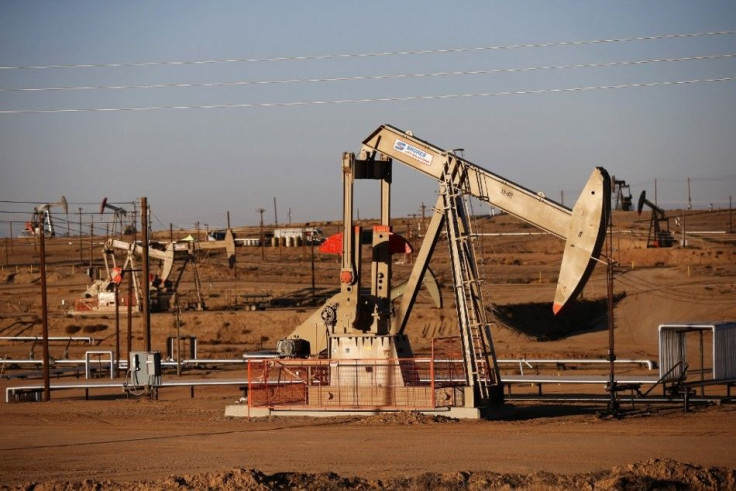Oil Prices Rise After OPEC Report Points To Increased Demand In 2015

Oil prices continued to rise and have now breached $53 after OPEC released its report on the market. The report has projected a rise in demand for oil in 2015 by 1.17 mb/d, which is slightly higher than what was predicted in the previous report by the organisation.
OPEC released its February report on oil market on Monday. The 98-page document studies the oil price movement, state of the world economy, current and projected demand for oil and the supply of the commodity in the international market.
The report notes that the recent fall in oil prices was mainly due to an oversupply of the commodity in the market. The report also notes that the fall in the price of the commodity this time around is unlike the fall during the 2008 financial crisis, where the fall in price was because of the global recession.
According to the report, the U.S. region is expected to post positive figures in terms of oil demand. The report remains cautious when it comes to Europe and Asia. The demand for oil in Japan is expected to be lacklustre because of the “slow economic growth” in the country. Demand in China and India are expected to grow because of the low oil prices that are currently prevailing.
Global economic activity is one of the major factors that determine the price of oil. The OPEC report has revised the 2015 GDP growth forecast from 3.6 to 3.4 percent. The report points to “weaker than expected” indicators from the U.S and problems in the euro zone as some of the factors that have led to the revision in the forecast.
Although the lower oil prices can help certain economies that heavily depend on the commodity, the OPEC report says that any gains by these economies has been offset by the negative effects of the commodity price on the oil producing countries. Russia, one of the major oil producing countries, has seen its GDP growth forecast revised down to -2.4 percent for 2015.
On the supply side of oil, the report expects growth in supply to be slower from both OPEC and non-OPEC producers. The significant factors that will reportedly contribute to a slow growth in supply in 2015 are said to be the declining number of oil rigs in North America, a fall in the number of drilling permits in the U.S and the reduction in spending by international oil firms. Increased demand and a fall in supply may push the oil price higher.
For questions/comments regarding the article, you may email the writer at s.trivedi@ibtimes.com.au
More Articles To Read
Moody's Puts Greece Bonds Under Review For Downgrade [Read]
Senator Eric Abetz Tackles Questions On Unemployment In Australia—Report [Read]
Greek Government Attempts To Convince European Countries On Debt And Bailout Issue [Read]




















